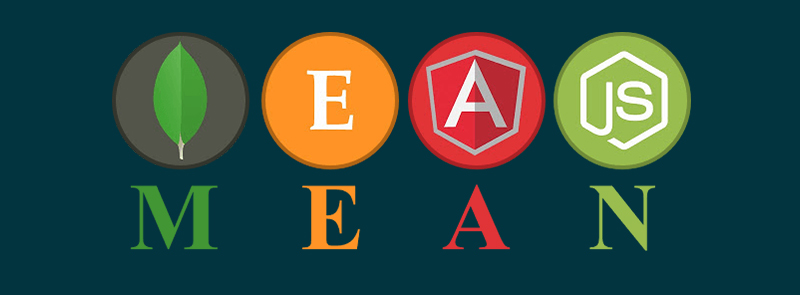What Is The MEAN Stack Developer
Foundation Understanding NPM And Node Modules The Node.js framework Installing Node.js Using Node.js to execute scripts
Node Projects
- The Node Package Manager
- Creating a project
- The package.json configuration file
- Global vs. local package installation
- Automating tasks with Grunt.
HTTP
- The HTTP protocol
- Building an HTTP server
- Rendering a response
- Processing query strings
- Using Representational State Transfer
- Configuring TLS
Introduction to AngularJS
- What does AngularJS do for me?
- Who controls AngularJS?
- How can I get AngularJS?
Who Should Join
- What does AngularJS do for me?
- Who controls AngularJS?
- How can I get AngularJS?
Our First AngularJS Application
- A basic application
- Using angular-seed
- The pieces of the puzzle
- How it fits together
- Model, View, Controller from the AngularJS Perspective
Single Page Applications (SPA)
- A basic application
- Using angular-seed
- The pieces of the puzzle
- How it fits together
- Model, View, Controller from the AngularJS Perspective
Controllers
- Where Controllers fit in, and what they do, from Angular’s perspective
- Managing Scope
- Setting up Behavior
- Building a basic controller
- A more advanced controller
Models
- How to create a model
- Explicit models
- Implicit models
Expressions
- Expressions are lightweight code snippets
- Expression capabilities
- Limitations
- The border between expressions and $eval
Filters
- Standard filters
- Writing your own filter
- Tying filters together
Scopes
- What are scopes?
- What do scopes provide?
- Scope lifecycle
- Scopes as glue between controller and view
- Scope hierarchies
- Scope and events
Angular Forms
- Angular forms vs HTML forms
- Angular form controls
- Form events
- The form controller
- Form validation
- Ajax, Data, and Angular
- Directives
- Testing in Angul
File System
- File SystemFile SystemFile System
- Path and directory operations
- F_dirname and __filename
- Asynchronous file reads and writes
File System
- File SystemFile SystemFile System
- Path and directory operations
- F_dirname and __filename
- Asynchronous file reads and writes
Buffers, Streams, and Events
- Using buffers for binary data
- Flowing vs. non-flowing streams
- Streaming I/O from files and other sources
- Processing streams asynchronously
- Configuring event handlers
Modules and Unit Testing
- Modularization
- The CommonJS and RequireJS specifications
- Defining modules with exports
- Modules are singletons
- Creating a package
- Module scope and construction
- Unit testing frameworks
- What to test and how to test it
- Building unit tests with Jasmine
Modules and Unit Testing
- Modularization
- The CommonJS and RequireJS specifications
- Defining modules with exports
- Modules are singletons
- Creating a package
- Module scope and construction
- Unit testing frameworks
- What to test and how to test it
- Building unit tests with Jasmine


